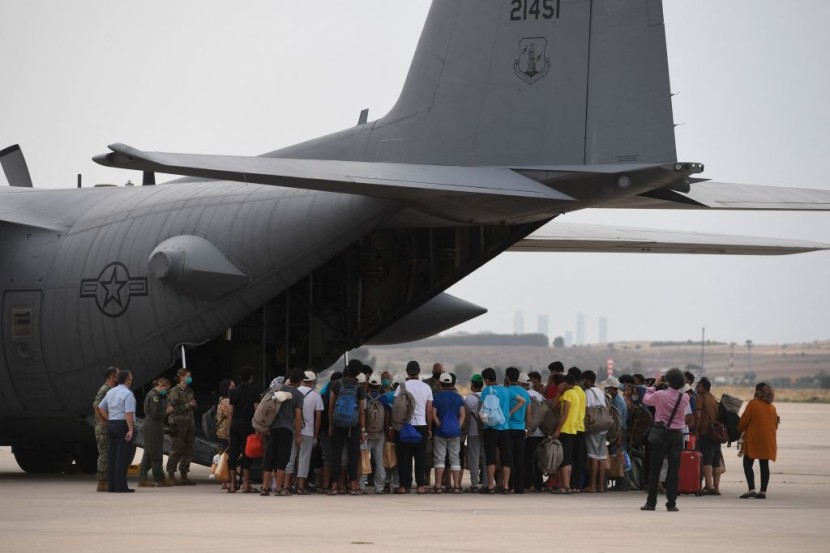
In the wake of last week's coup in Niger, the United States has ordered the partial evacuation of its embassy, following the lead of other nations that have already evacuated hundreds of foreign nationals from the country.
The coup, led by Gen Abdourahmane Tchiani, has raised concerns over the stability and security of the region, prompting demonstrations in support of the coup and international sanctions.
Coup and Regional Concerns in Niger
On Sunday, the French embassy in Niger was attacked by protesters, leading France to organize evacuation flights for its citizens. Over 1,000 French and other European nationals have been flown out of the country so far. Meanwhile, Niger's capital, Niamey, remains relatively calm on the surface, but residents express anxiety about the future.
Niger's strategic importance as a significant uranium producer and its location on a key migration route have drawn international attention to the unfolding situation.
US Secretary of State Antony Blinken spoke to the ousted President Mohamed Bazoum, reaffirming the US commitment to the restoration of Niger's democratically elected government. Despite the partial evacuation, the US embassy in Niamey will continue to operate.
In response to the coup in Niger, several nations, including France, the European Union, and the Economic Community of West African States (Ecowas), have taken measures to impose sanctions on the country. These sanctions have targeted financial aid and commercial transactions, aiming to exert pressure on the new regime led by Gen Abdourahmane Tchiani.
Ecowas, a regional trade bloc of 15 West African countries, also discussed the possibility of a military intervention as a last resort. However, Gen Tchiani, in a defiant televised address, rejected the sanctions and asserted the new regime's determination to withstand any threats posed by the international community.
His rejection highlights the precarious nature of the situation and the reluctance of the coup leaders to bow to external pressure. The coup has sparked significant demonstrations both against France and in favor of Russia, as per BBC.
Niger Coup Fallout Sparks Regional Tensions
While France and the United States have been longstanding allies in Niger, with military bases in the country to combat jihadist extremism in the Sahel region, the coup has led to increased tensions and concerns over regional stability.
Russia's growing influence in west and central Africa has resonated with some segments of the population, leading to expressions of support for Russia during the protests.
As the situation unfolds, Niger faces uncertainty and intense international scrutiny. The repercussions of the coup on the country's governance, security, and international relations are still unfolding, leaving the nation at a critical crossroads.
The international community closely observes the developments in Niger, with hopes for a peaceful resolution and the restoration of democratic governance. For now, the fate of Niger hangs in the balance, as the coup's impact reverberates within the country and across the region.
The unfolding events will shape Niger's future trajectory, and the international community remains vigilant, ready to respond to further developments in the quest for stability and the return to democratic rule, CNN reported.
Related Article : US Vice President Kamala Harris, Mongolian PM Luvsannamsrain Oyun-Erdene To Sign 'Open Skies' Deal Ahead of Talks
© 2026 HNGN, All rights reserved. Do not reproduce without permission.








